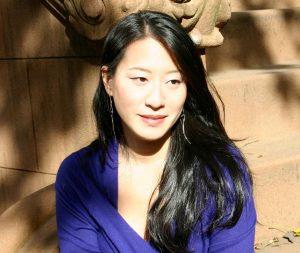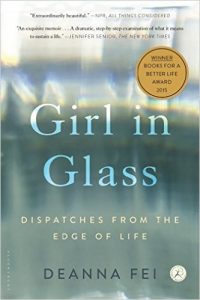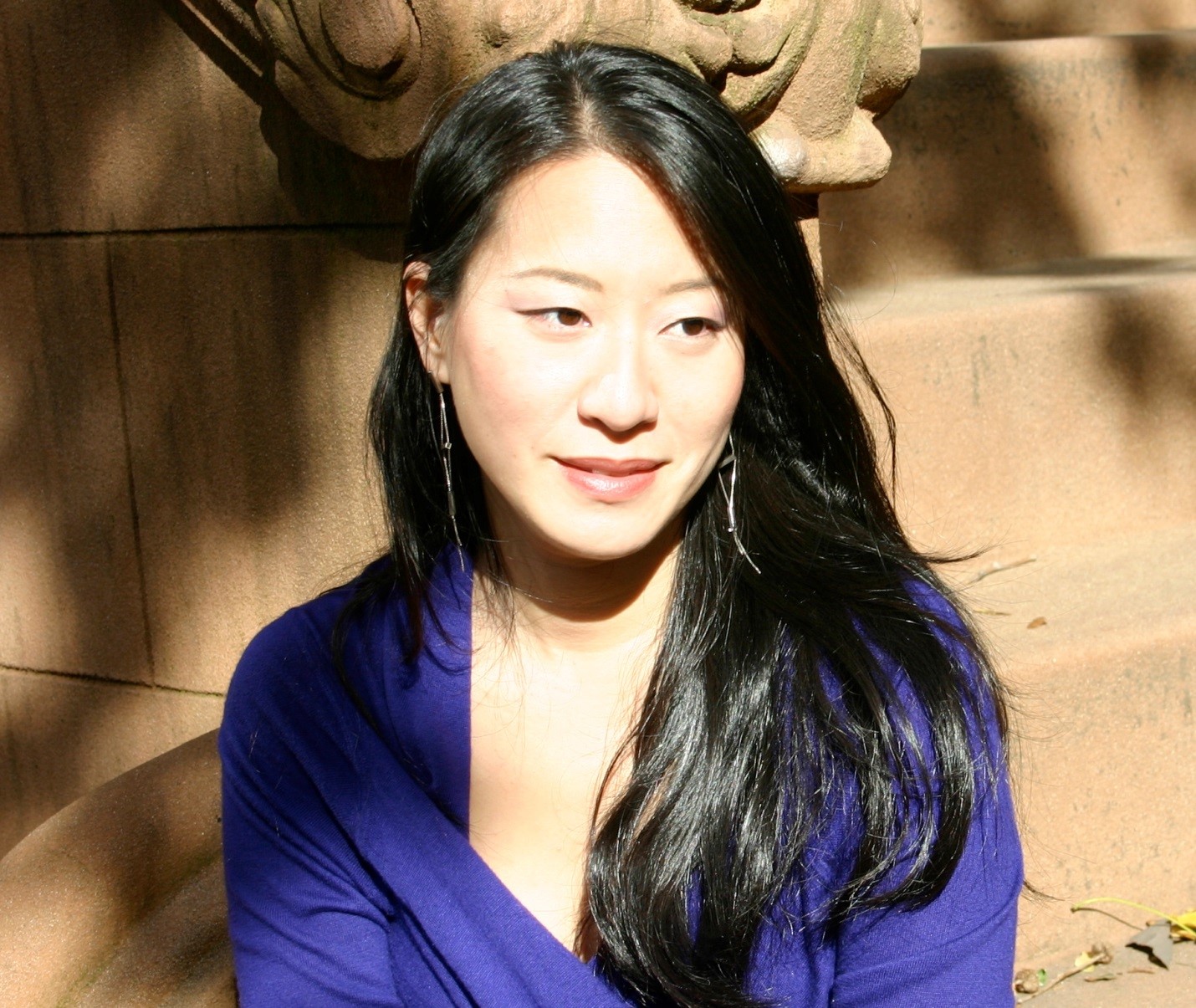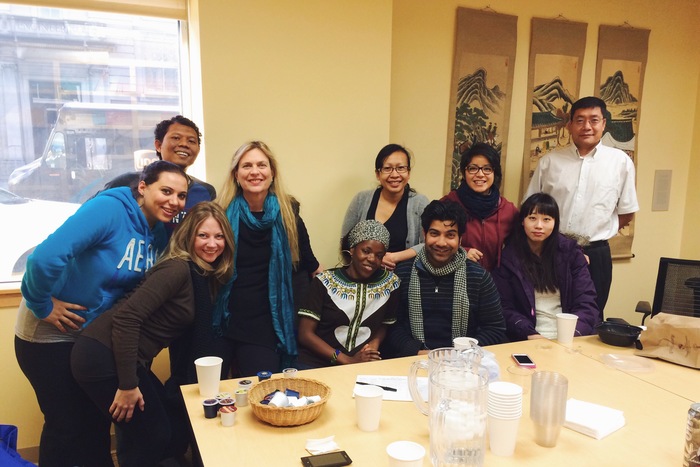
Deanna Fei, 2003-2004, China
Can you tell us about Girl in Glass, and how that book came about?
GIRL IN GLASS is the story of my daughter’s birth, nearly four months premature–and how I learned to be the mother of a child I knew I could lose at any moment. The book also explores, in a larger societal context, what it means to sustain a life: from the front lines of neonatal intensive care units to the perils of the American health care system to the force of a child’s will to live.
For a long time, I was so steeped in the trauma surrounding my daughter’s arrival that I couldn’t imagine ever telling this story. Then, a year after I brought her home from the hospital, the CEO of my husband’s company publicly blamed her for being a drag on the bottom line and slapped a price tag on her life, setting off a national firestorm. It was only then, as the circumstances of her birth became the subject of countless headlines, that I realized I needed to speak out to defend the basic worth of her life.
After that essay (“My Baby and AOL’s Bottom Line”) went viral, I received an outpouring of messages from people around the world who shared their own stories of suffering similar ordeals: medically fragile babies, special-needs children, and the perception that they were “burdens” on society. They showed me that the story of my daughter’s journey is much more than one little girl’s fight against the odds. It’s the question of how we care for the most vulnerable members of our society.
Writing this book allowed me to heal–and to give something back. It carried me from a place of trauma and isolation to profound wonder and gratitude. In order to get there, I needed to toss aside every platitude and expose the raw truth of what it’s like to face your worst fears. At the same time, GIRL IN GLASS ultimately becomes a celebration of the resilience, the awe, and the transcendent love that I learned from my daughter.
 What are a few of the most memorable moments from your Fulbright experience? Describe a few that continue to have an impact on your current work.
What are a few of the most memorable moments from your Fulbright experience? Describe a few that continue to have an impact on your current work.
For me, it’s the overall wonder of plunging into an unfamiliar country on my own, with every sight and sound as potential material for my first novel. China was my ancestral home and also, in some ways, the most alienating place I’d ever traveled. I learned to question every easy assumption, to confront my own biases, to probe for hidden connections. To look, and then look again, and look deeper. And, amid all the cacophony of everyday life in modern China, to find my own voice, to figure out where I needed to show complexity and humanity where others might not see it, and remind myself that I had a story worth telling. All of these experiences continue to reverberate in my life as a writer.
How did you originally hear about the Fulbright Program?
I heard about the Fulbright Program when I was finishing up my MFA at the Iowa Writers’ Workshop, with just a few chapters of my novel-in-progress in hand. The prospect of a fellowship that would allow me to live in the country where my book was set and completely immerse myself in the work–it seemed too good to be true.
Why should more applicants in the creative and performing arts apply to Fulbright?
There’s no better training ground for a career in the arts than the Fulbright experience: the creative and intellectual freedom, the imperative to get out of your comfort zone, the need to be self-directed. The Fulbright will always be foundational for me.
Do you have any tips for creative writing applicants to the Fulbright Program?
The application process can be a little intimidating, especially for those of us starting out in the arts. And compared to applicants in, say, public health or urban planning, it can be more difficult for us to advocate for the necessity of a creative project. But writers and artists have so much to contribute to fostering understanding and empathy across human borders. So go for it.
What are you currently working on and what’s on the professional horizon for you?
Ever since the publication of GIRL IN GLASS, I’ve been doing a lot of traveling and speaking to help advocate on some of the issues my daughter’s story touches upon: medical privacy as a civil rights issue, prematurity as an hugely common yet little-understood health crisis in America today, the need for counseling and support among NICU families. I’m also working on a new novel about a former war correspondent who was abducted in Afghanistan, now trying to settle into marriage and motherhood in Brooklyn. These days, my two toddlers make any kind of concentrated work pretty challenging, so I often find myself fantasizing about doing my Fulbright year all over again!
Deanna Fei is the author of the widely acclaimed memoir GIRL IN GLASS (Bloomsbury), winner of the 2015 Books for a Better Life Award. Hailed as “exquisite” by The New York Times and “extraordinarily beautiful” by NPR, GIRL IN GLASS was recently featured on PBS NewsHour, NPR’s All Things Considered, and MSNBC, among other outlets. Fei is also the author of the award-winning novel A Thread of Sky (Penguin). She was born in Flushing, New York, and graduated from Amherst College and the Iowa Writers’ Workshop. She has received a Fulbright Grant and a New York Foundation for the Arts fellowship. Her essays have appeared in The New York Times, TIME, Fortune, and Slate, among other publications. She currently lives in Brooklyn with her husband and two children.
Website: http://deannafei.com



1 Comment
It’s being nice reading it! Thank you.